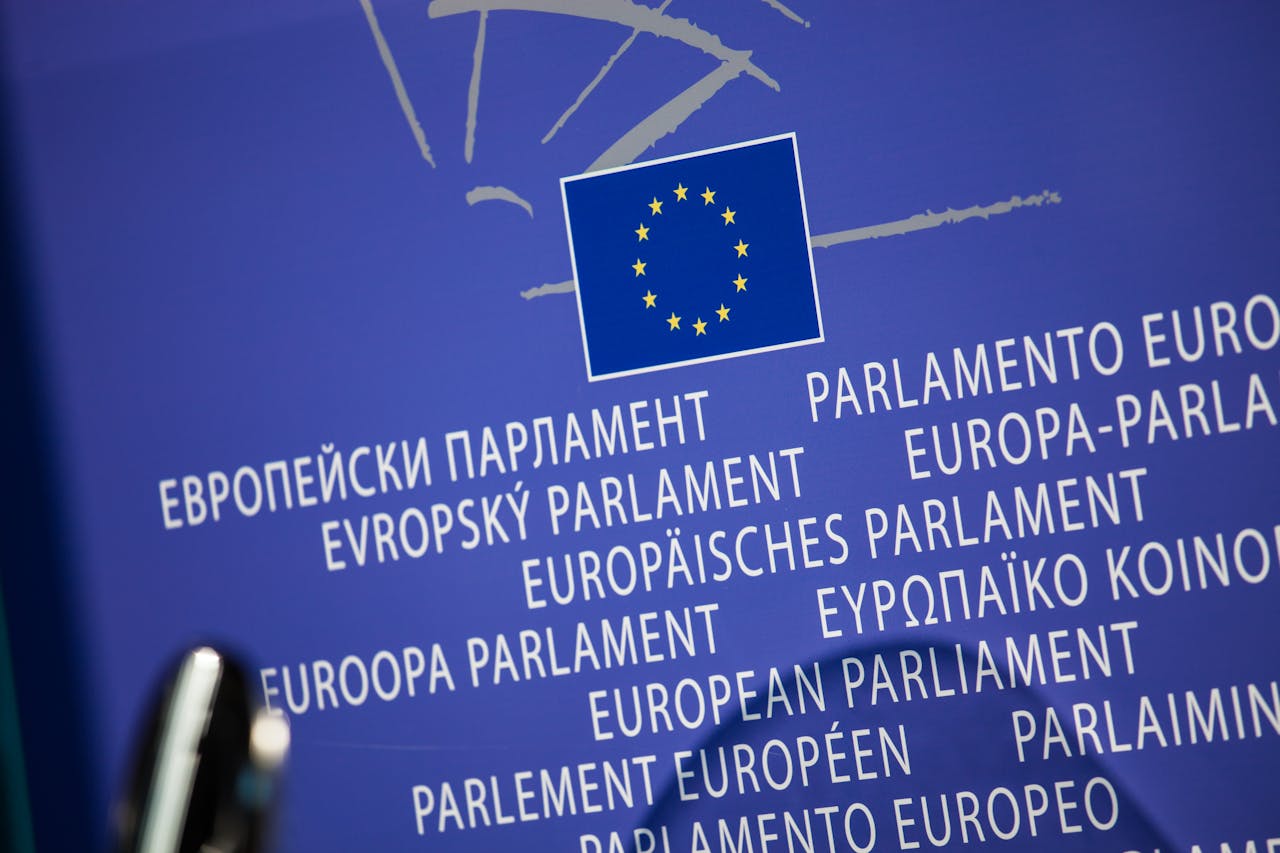Abstract: This article examines key legal and policy hurdles within the European Union framework that impede deeper integration and hinder the realization of a truly unified Europe. It analyzes challenges related to differentiated integration, democratic deficit concerns, rule of law backsliding, and complexities in policy harmonization. Furthermore, it proposes potential solutions and pathways to overcome these obstacles, emphasizing the need for greater flexibility, enhanced democratic accountability, and strengthened rule of law mechanisms.
Introduction
While the European Union has achieved significant progress in fostering integration among its member states, persistent legal and policy challenges continue to hamper the realization of its full potential. These hurdles impede the creation of a cohesive and unified Europe, capable of effectively addressing contemporary challenges and achieving its strategic objectives.
1. Differentiated Integration
The concept of differentiated integration, allowing subgroups of member states to pursue deeper cooperation in specific areas, while necessary for managing diverse interests, creates complexities and potential fragmentation.
- Challenge: Multi-speed integration can lead to a patchwork of legal frameworks and create divisions within the Union, undermining the principle of equality among member states.
- Solution: Establishing clear criteria and transparent procedures for differentiated integration, ensuring inclusivity and maintaining a common core of values and objectives.
2. Democratic Deficit
The perceived democratic deficit, stemming from the complex decision-making processes and limited direct citizen participation in EU institutions, erodes public trust and legitimacy.
- Challenge: The lack of direct accountability and transparency in EU institutions fuels Euroscepticism and hinders public engagement in the European project.
- Solution: Strengthening the role of the European Parliament, enhancing citizen participation through initiatives like the European Citizens’ Initiative, and improving communication and transparency of EU decision-making.
3. Rule of Law Backsliding
Challenges to the rule of law in some member states, including threats to judicial independence and media freedom, undermine the foundation of the EU legal order and create tensions within the Union.
- Challenge: Erosion of rule of law principles threatens the integrity of the single market, erodes mutual trust among member states, and jeopardizes the protection of fundamental rights.
- Solution: Enhancing the effectiveness of rule of law mechanisms, including the Article 7 procedure, and strengthening the role of the European Court of Justice in upholding EU values and principles.
4. Policy Harmonization Complexities
Achieving harmonization of laws and policies across diverse member states with varying legal traditions and economic structures poses significant challenges.
- Challenge: Difficulties in reaching consensus on sensitive policy areas, such as taxation, social policy, and migration, can slow down the integration process and create inconsistencies within the single market.
- Solution: Adopting a more flexible and differentiated approach to policy harmonization, allowing for opt-outs or enhanced cooperation in specific areas while maintaining a core set of common standards.
Conclusions
Overcoming these hurdles requires a multi-faceted approach, encompassing legal reforms, institutional strengthening, and enhanced political will. The EU must strive for greater flexibility in accommodating diverse interests while upholding core values and principles. Strengthening democratic accountability and ensuring the robust protection of the rule of law are crucial for building a more resilient and unified Europe. By addressing these challenges, the EU can unlock its full potential and effectively navigate the complexities of the 21st century.
Sources
- European Commission. The State of the Rule of Law in the EU. 2022.
- European Parliament. Resolution on the Rule of Law Crisis in the EU. 2021.
- Council of Europe. Venice Commission Opinions on Rule of Law Issues. Various years.
- European Court of Justice. Case Law on Rule of Law and Fundamental Rights. Various cases.
- Hix S, Hoyland B. The political system of the European Union. Palgrave Macmillan; 2011.
- Scharpf FW. Governing in Europe: Effective and democratic? Oxford University Press; 1999.
- Craig P, De Búrca G. EU law: Text, cases, and materials. Oxford University Press; 2020.
- European Commission. White Paper on the Future of Europe. 2017. European Council. Strategic Agenda for 2019-2024.

No responses yet